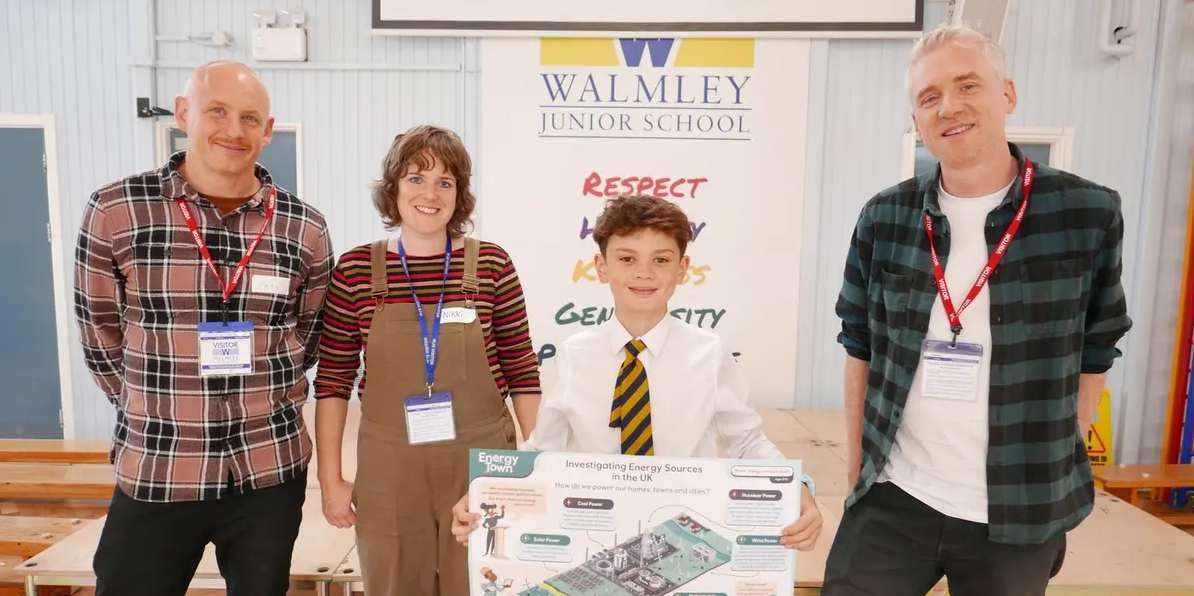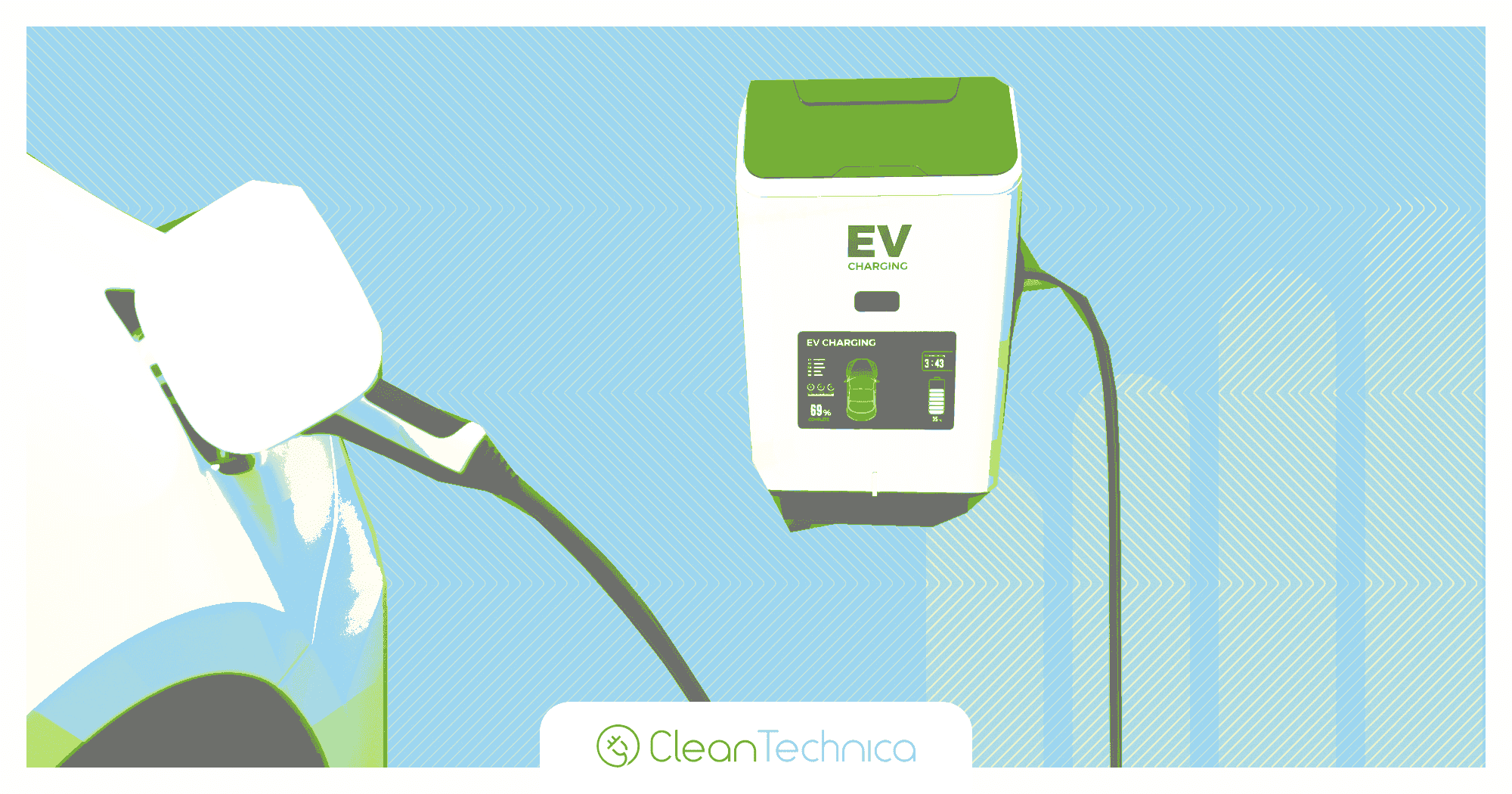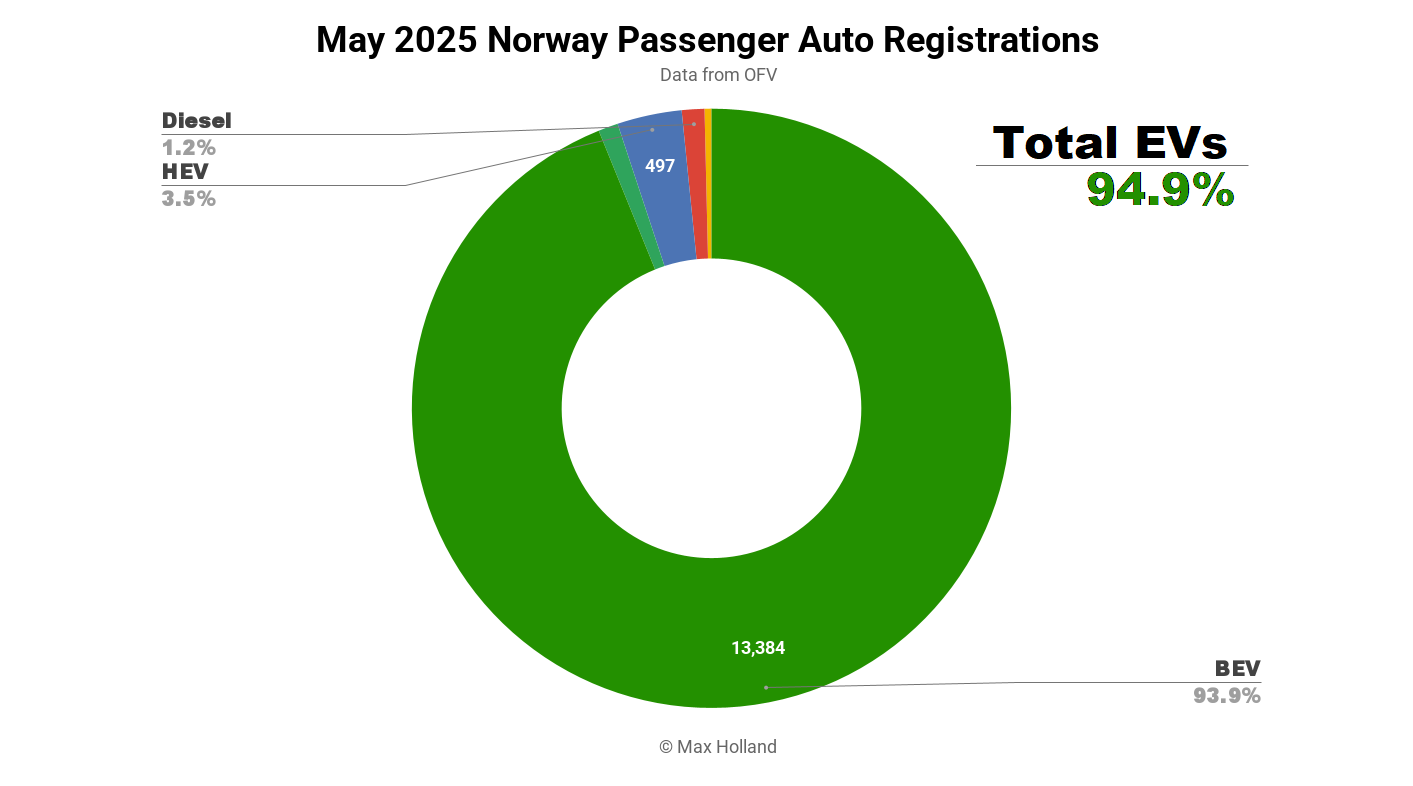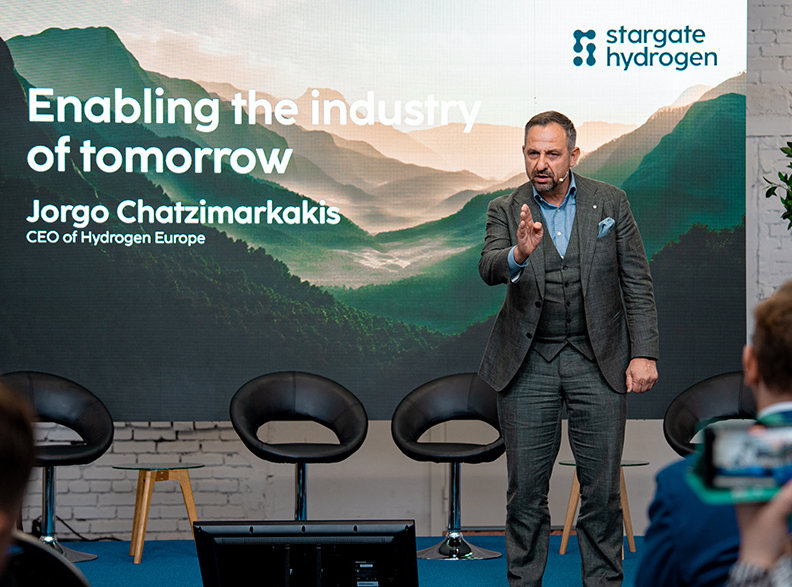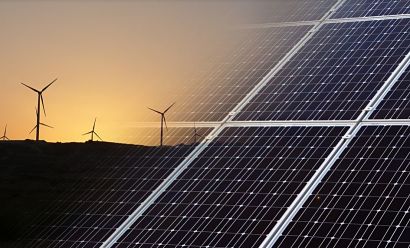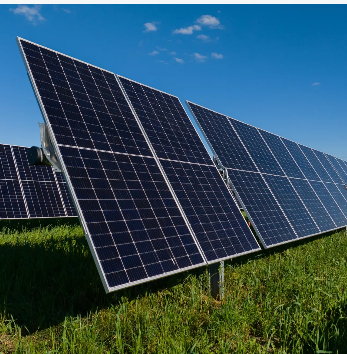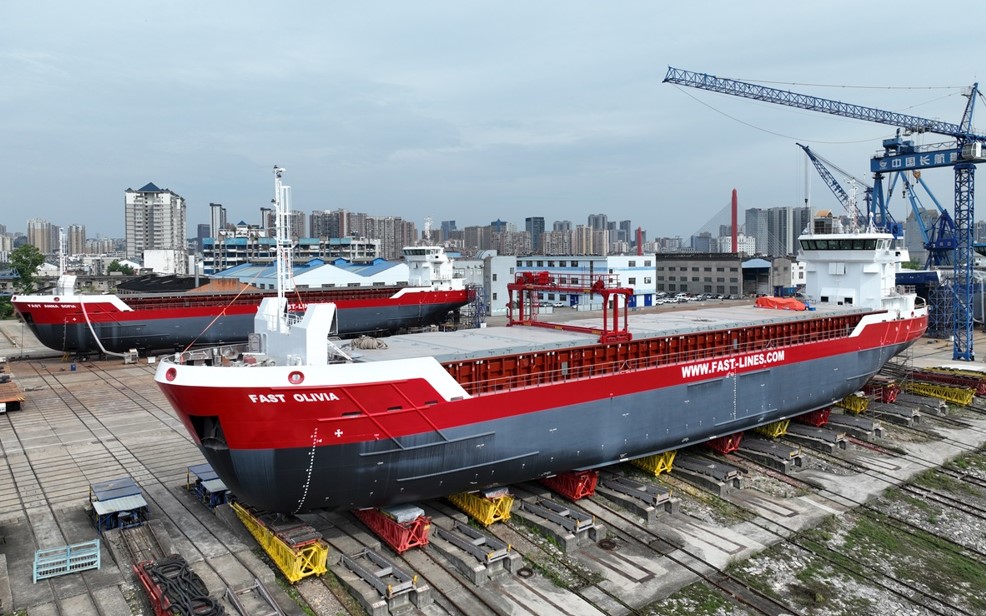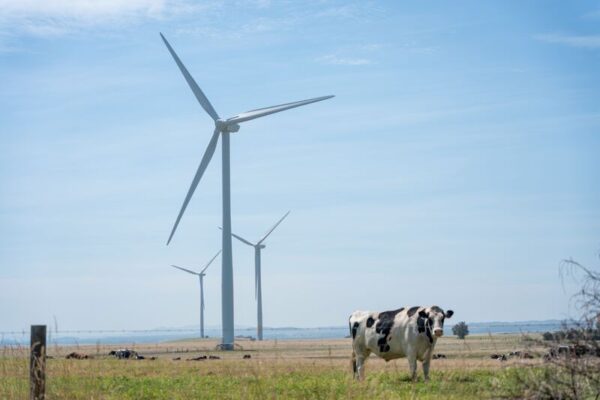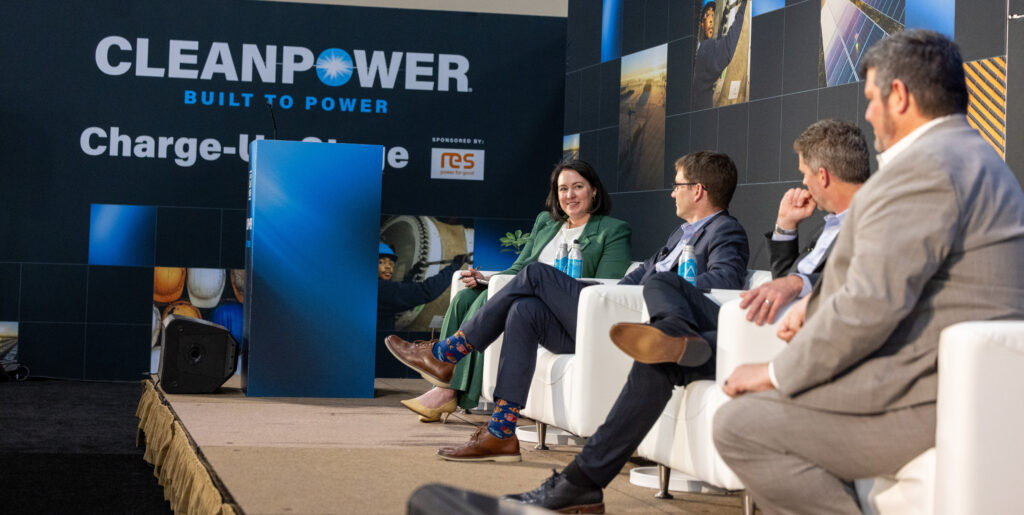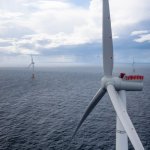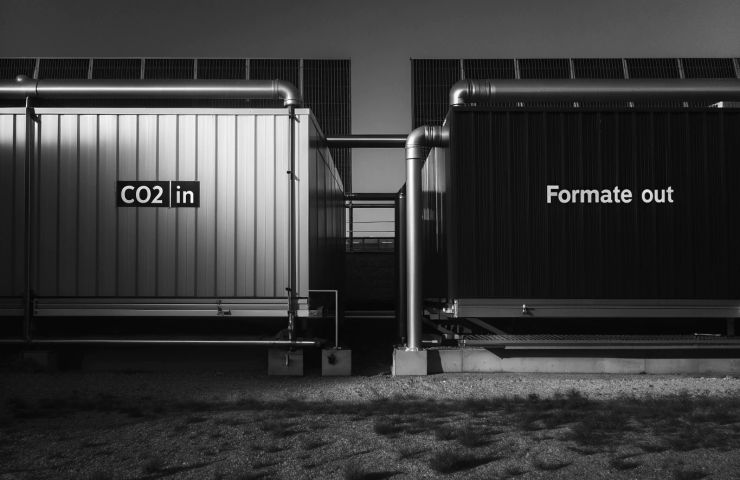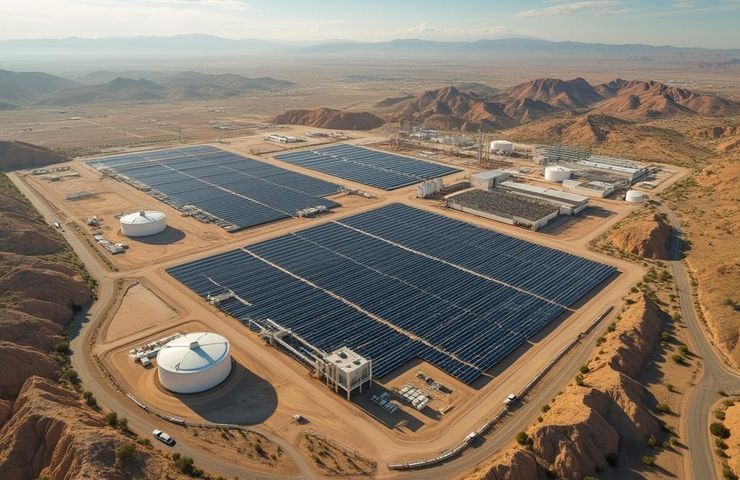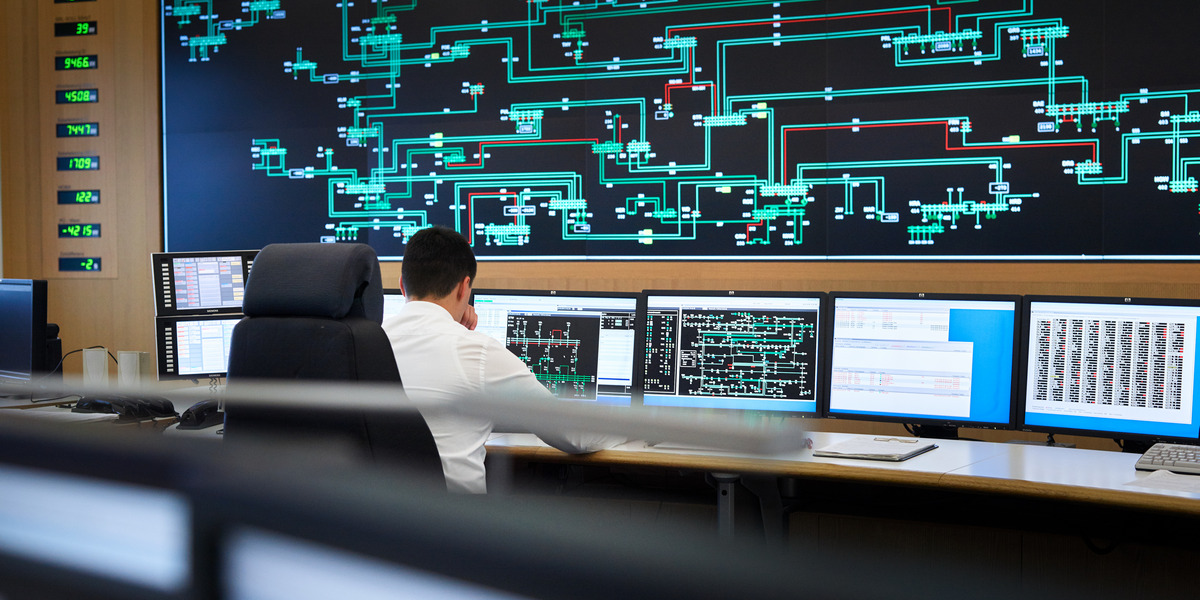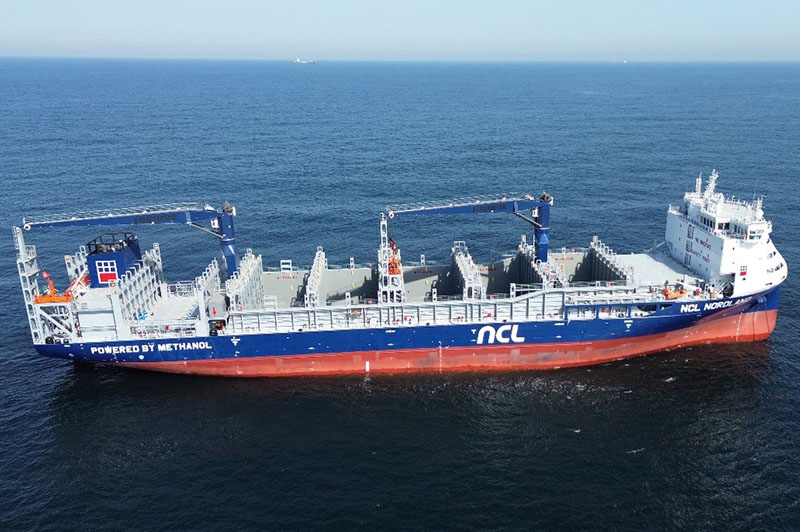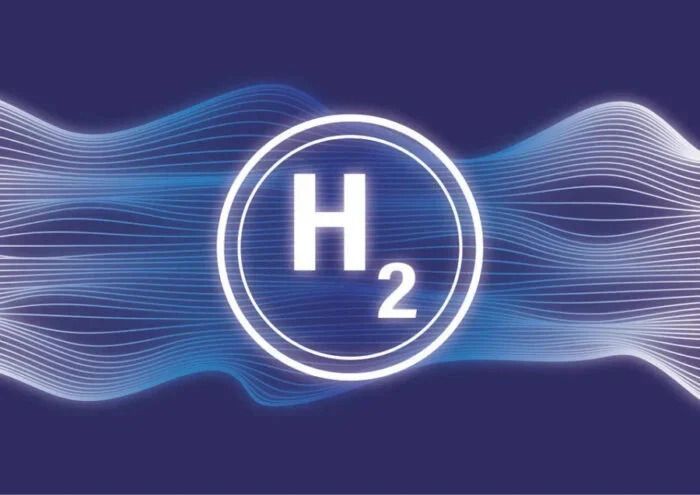Qcells tandem solar module passes critical stress tests
Qcells says its perovskite/silicon tandem solar modules have passed several independently verified stress tests. The South Korean module maker claims the results meet benchmarks for commercial acceptance of its tandem tech.

Qcells says its perovskite/silicon tandem solar modules have passed several independently verified stress tests. The South Korean module maker claims the results meet benchmarks for commercial acceptance of its tandem tech.
Qcells said its perovskite/silicon tandem solar modules have passed several critical stress tests for solar cell reliability.
The tested modules are based on the company’s in-house perovskite technology as a top cell, with its proprietary Q.ANTUM silicon technology as a bottom cell.
The modules passed multiple IEC-standard stress tests, including UV preconditioning at 15 kWh/m², 200 thermal cycles, 10 humidity-freeze cycles, and 1,000 hours of damp heat. TÜV Rheinland has independently verified the results.
Danielle Merfeld, global chief technology officer at Qcells, said this marks the first report of tandem modules passing such stress tests.
“The tested cells and modules are typical devices from our research and development pilot line in Germany and have been fabricated by exclusively using processes that are feasible for mass production,” explained Fabian Fertig, head of tandem R&D at Qcells Germany.
The company added that it passed the most critical stress tests for solar cell reliability, despite tandem-specific power measurement limits. “Qcells has demonstrated that tandem technology can now meet the performance benchmarks that set the groundwork for commercial acceptance,” it said.
In December 2024, Qcells achieved a world record 28.6% efficiency for a commercially scalable perovskite/silicon tandem solar cell.
What's Your Reaction?







